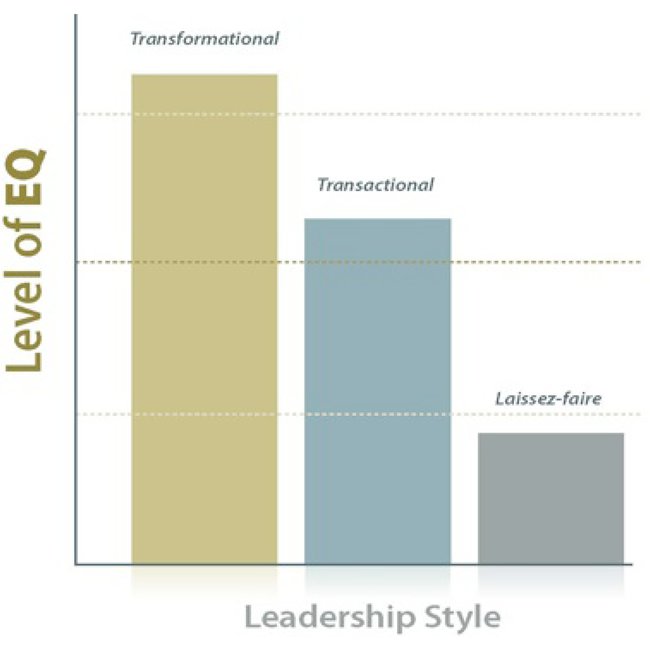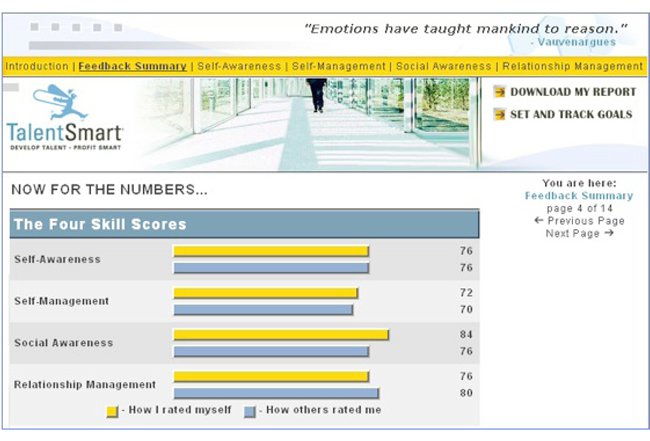By Dr. Travis Bradberry, Lac D. Su, M.S. & Saakshi Arora, M.S.
Dr. Martin Luther King Jr. and Nelson Mandela, clearly among the greatest leaders of our time, had different childhoods, different experiences, different struggles, and different goals. Yet both had a transformational impact upon those around them. What sets these two men apart as leaders? Transformational leadership. Unlike the traditional, dogmatic transactional leader or the hands-off laissez-faire leader, transformational leaders do more than simply lead—they stimulate others to transcend their own needs and interests for a common goal.
Transformational leaders develop followers by creating a direction for them to follow, yet giving them the freedom to control their own behavior. These leaders are charismatic, visionary, inspirational, and intellectually stimulating. But how do they become so special to those who follow them and so effective in their jobs? And— with all of the attention focused on the links between emotional intelligence (EQ) and leadership recently—do transformational leaders even use EQ? TalentSmart® decided to find out.
These days, most companies dedicate a great deal of time and resources to finding the leadership skills that will turn today’s high-potential manager into tomorrow’s visionary leader. Their potential is not realized through their capacity to lead, but rather in the approach they ultimately take to leadership. Extraordinary leaders don’t decide to transform those who follow them; extraordinary leaders simply take a conscious approach to leadership.
To explore the link between an individual’s leadership style and the skills applied daily on the job, a team at the University of South Africa, School of Business Management partnered with TalentSmart®. Sixty managers at a South African insurance company completed the Multi-Factor Leadership Questionnaire (an assessment of leadership style) and the Emotional Intelligence Appraisal®—Multi-Rater (360°) Edition, which assessed their emotional intelligence based on feedback from peers, supervisor(s), and subordinates.
The first clear result from the study shows that transformational leaders rely on emotional intelligence far more than transactional and laissez-faire leaders. When forecasting who will emerge as the next transformational leader, our bets are on those who work to develop their emotional intelligence.




